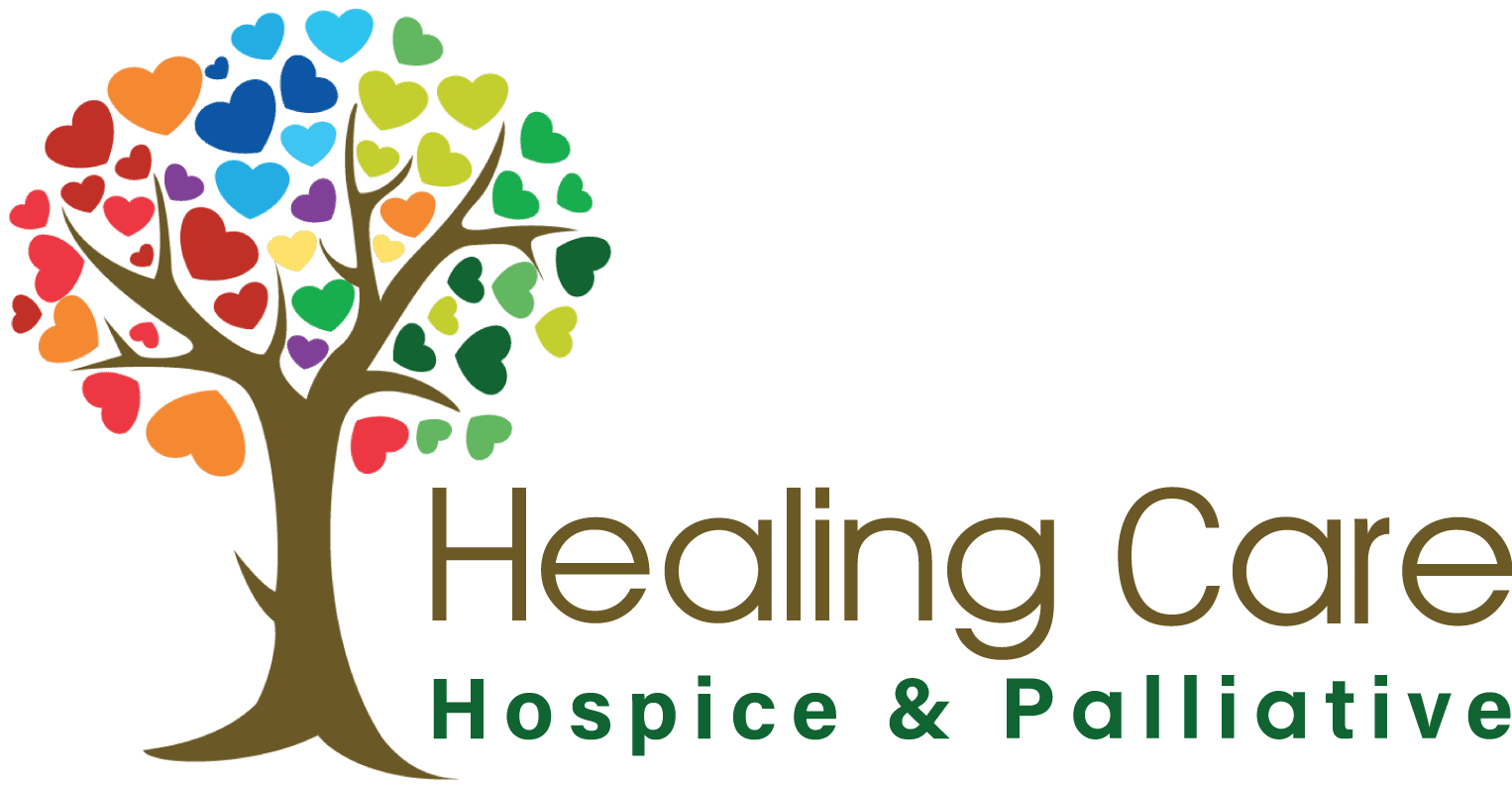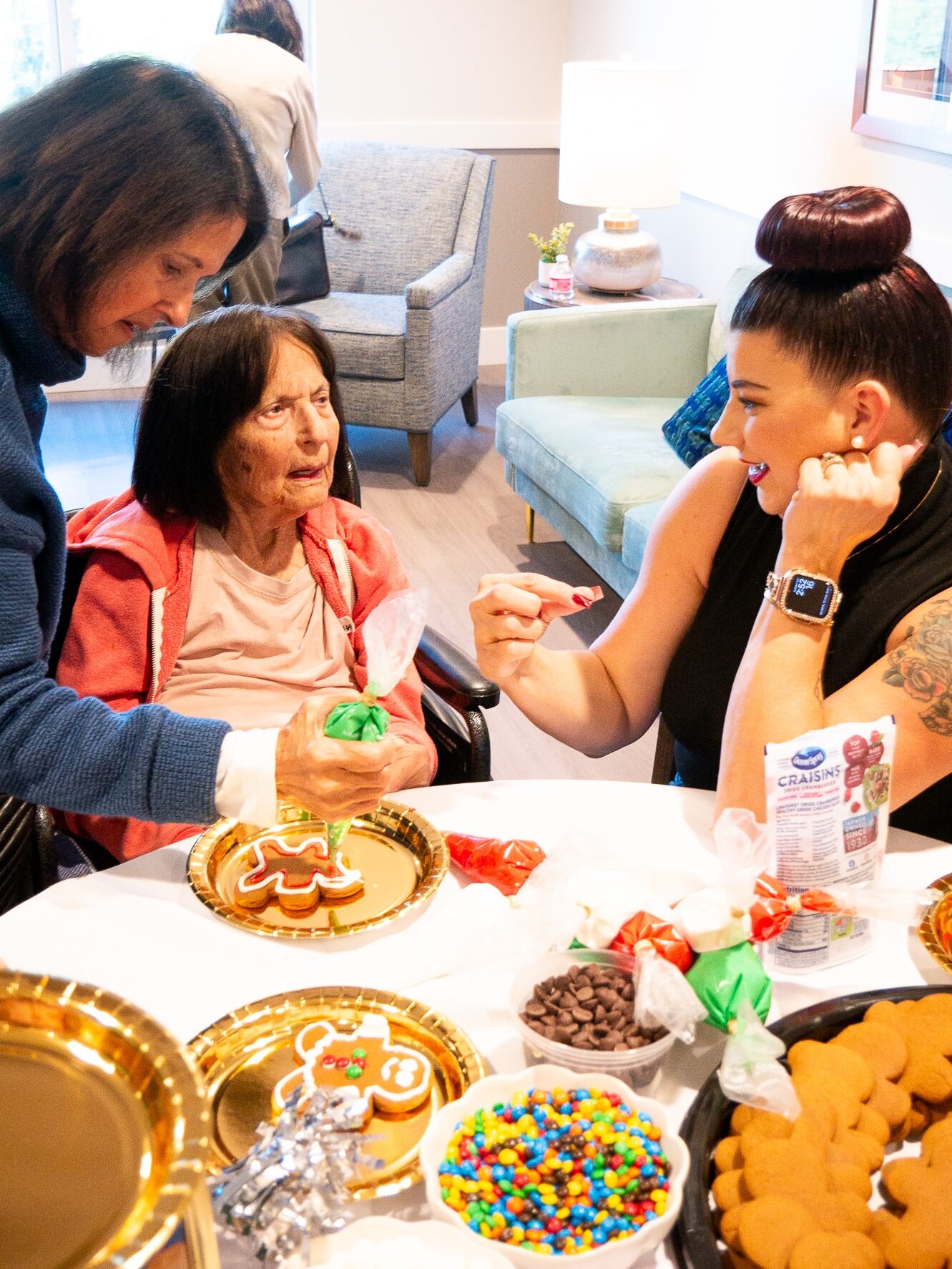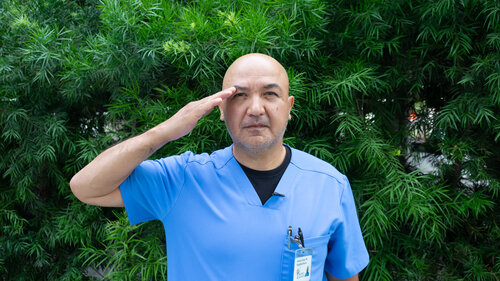Death Over Drafts: Casually Conversing with Strangers About Death & Dying
Events / Calendar
Talking about death is not easy. Most times, it should be navigated carefully as people have different experiences with loss and are at various stages in their personal grief journeys. Death-talk can be uncomfortable; therefore, people tend to avoid talking about death until they absolutely have to, most commonly pushing death-talk back until a loved one passes away.
A recent study found that 34% of Americans have avoided discussing death and end-of-life preparations. Additionally, even though 68% of that same group believe that having these discussions with loved ones is important, only 47% have actually had them.
When I decided to pursue a role in the hospice field, I was prepared for what working around death and dying was bound to bring about, like reflections on the passing of my own grandparents during my adolescence. I was prepared for the possibility that these reflections may lead to a whole new journey of grief for me as an adult. I was prepared, as a marketer, to somehow market death. Yet, while I have felt saddened by the loss of our patients, working in hospice has helped me refocus on celebrating life instead of mourning death.
I was excited to attend my first Death over Drafts event, a casual gathering hosted by founder, Stefanie Elkins, to craft a new way of discussing the end of life. I discovered the event through Lisa Pahl, LCSW, co-creator of The Death Deck, a party game hoping to help people explore taboo topics around death. I was intrigued to meet Lisa, whose thought-provoking LinkedIn posts about death had caught my attention a few months ago.
My expectations for Death Over Drafts was that attendees would collaborate to share their own tips and tricks on how to go about having difficult conversations with people on their end-of-life journeys and the loved ones that will inevitably be left behind. I thought I would hear about experiences that attendees had when those conversations were avoided while the said person was still alive. I anticipated that there would be some waterworks—obviously none from me because I would not have the boldness to share on my first attendance—and that there would be understanding faces that nodded in pity and reached out to comfort the person sharing.
What I did not expect was to witness someone bawling their eyes out five minutes after meeting a table full of complete strangers. What I did not expect was that someone to be me.

Our conversation topic was supposed to be drawn from a card in The Death Deck, but the group I was with did not need any catalysts to spark a discussion about death. It was clear that we all had been well-acquainted with Death. After a quick round of interesting introductions where we all shared jokes and laughter, easily familiarizing ourselves like old high school friends catching up years after graduation, a participant threw out a question into the air. Before I knew it, all eyes turned in my direction: have you suffered a sudden loss?
And there it was, the trigger I had been very consciously avoiding for the past two years. In an instant, I was taken back to the most traumatic experience of my life. In an instant, I was ripped from the safety of the Torrance brewery at which we were gathered and dropped on the dirt road where my Great Pyrenees was taken. I saw the truck flying down the road, dust masking the driver’s getaway. But I could not see my guardian dog. Where had he gone? My eyes drifted to where my husband was, the sounds of him wailing in agony filled the air. Then I saw the soft white fur blowing carelessly in the wind. When I dropped to my knees to stroke his little face, I saw that his once milk chocolate eyes were open but that their ever-present twinkle was missing. They were gray and cloudy. He was gone.
At that moment, I could feel my heart shatter in a way that love songs could never come close to doing justice. The four-month-old puppy that I had picked out of his litter, had traveled back and forth from the east to west coasts on countless airplane rides, had bathed my family and friends with joy and slobber, and was just 15 days shy of his second birthday, was gone. I was broken in an indescribable, unfathomable way.
“Do you talk to [him]?” the same participant asked.
The question threw me off from my horrific reverie, and my cultural predispositions to maintain the façade of normalcy and sanity prevailed over sharing the truth that, of course I talk to my dead dog: I cannot let him think that I forgot about him or let him feel like he is alone.
But this was not the place to wear a mask. This was a safe space to share grief among those who too had encountered Death. And as a habitual over-sharer who wears her heart on her sleeve, despite every attempt to have her sister’s stoicism, I relented. Yes, I talk to him when I visit his tree, which lies in place of an ominous tombstone. We planted the maple on top of his resting place the day we lost him. His magical tree has had its fair of hardships fighting to thrive in a place notorious for tornadoes and heavy rain, not to mention, being the unattainable fruit of the free-ranging cows that cohabitate that land.
“You know,” the participant said, “When I was talking about my own grief to a group of people, we noticed that we all seemed to be waking up at 3:00AM every day. They say that’s when the veil between the living and the dead is the thinnest. That’s when you have the best chance to talk to your deceased loved one.”
3:00AM? How could that be? How could that be the exact time that my kitten wakes me up every morning? Flashbacks to the last couple of nights of waking up early in the morning flooded my mind, and with it, the frustration of knowing that I will have a long day at work because I have not had a good night’s rest. It just could not be.
“3:00AM?” I asked for clarification. And after the participant confirmed, I disclosed that every night for weeks my kitten has woken me up between 2:45 and 3:45 AM. A few of them nodded in knowing remembrance. Suddenly, this little shred of perspective gave me a sliver of hope that I had not felt since that fateful day. A few days later, when I was inevitably woken up in the middle of the night, I let myself imagine my pets playing together, and I was lulled to sleep by the belief that the dead are not really gone forever.
Given that people are in different stages of grief, attendees of these Death over Drafts events may have mixed experiences. However, there is no doubt that casual safe spaces like these are necessary, especially for people who do not frequently talk about death and dying openly and/or in the presence of a health professional. Death over Drafts is looking for more “crafters,” also known as “hosts,” to tap into their own communities and gather with locals to “start brewing conservations on end-of-life.” Check out www.deathoverdrafts.com for more information on how you could be a crafter or attend an event near you.

Huge shoutout and special thanks to Lisa Pahl and Stefanie Elkins as well as the participant that changed my perspective on 3:00AM sleep interruptions, Kat Jucar!
Sources:
1. Source: Ethos. “With End-of-Life Preparedness, Actions Speak Louder than Words, Ethos Survey Finds.” www.prnewswire.com, www.prnewswire.com/news-releases/with-end-of-life-preparedness-actions-speak-louder-than-words-ethos-survey-finds-301585801.html. Accessed 23 May 2024.
2. Source: “Death over Drafts | Death Conversation.” www.deathoverdrafts.com. Accessed 23 May 2024.
Written by: V Perera



